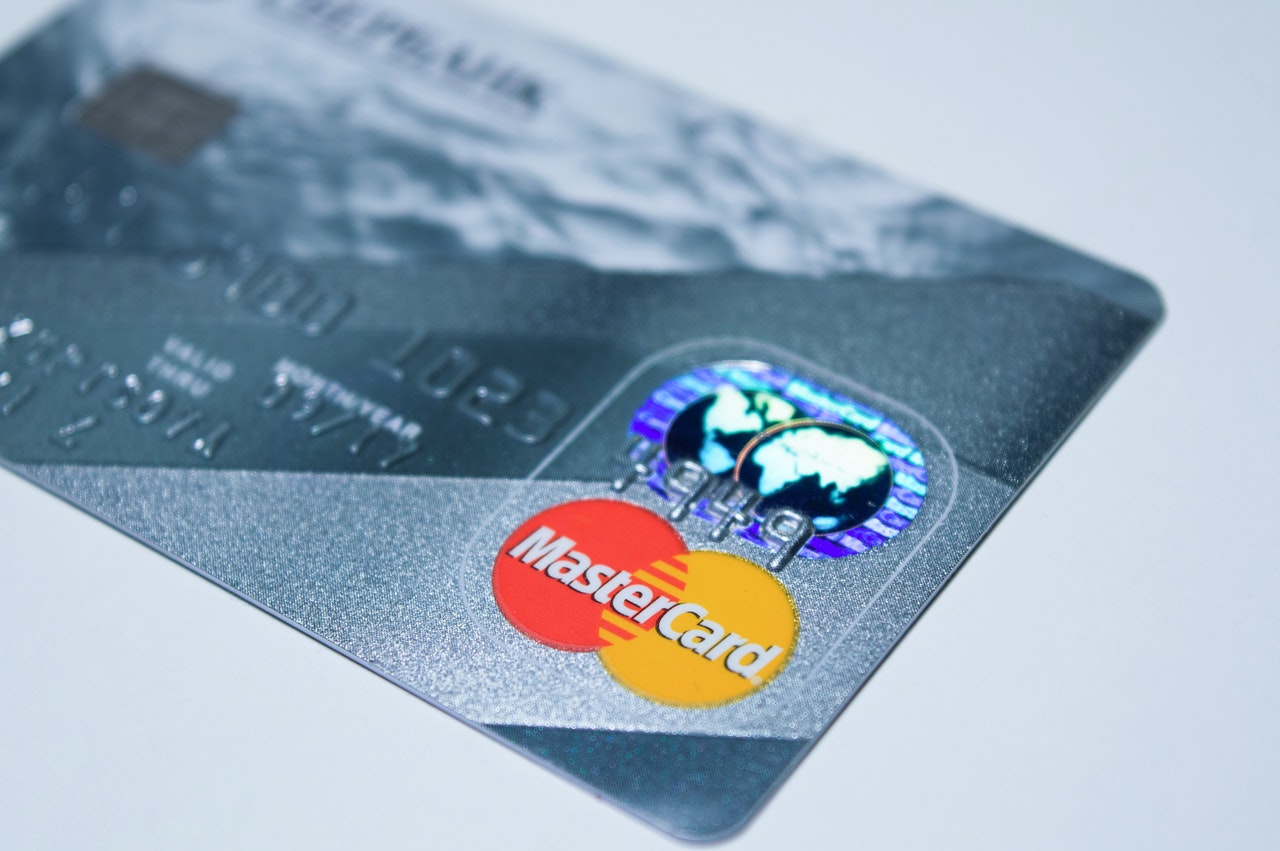Mastercard will increase the fees EU firms are charged to take payments from online shoppers from the UK by at least 400 per cent, in a move that could mean higher prices for consumers.
As things stand, when a customer uses their debit or credit card, the retailer is charged a proportion of the transaction in the form of an interchange fee, set by the payment firm.
Mastercard’s interchange fees currently stand at 0.3 per cent for credit card payments and 0.2 per cent on debit card payments, fees that will increase to 1.5 per cent and 1.15 per cent from 15th October.
The increase may be relatively small, but for companies already facing the strain of extra expenses posed by Brexit and decreased sales caused by COVID, the increase in fees may be untenable, and as a result they may be forced to pass on the expense to their customers.
The EU introduced a cap on these fees in 2015, deeming them to be potentially unfair.
Mastercard has increased these fees simply because British transactions are no longer protected by the EU rule.
“As a result of the UK leaving the EEA, Mastercard will adapt interchange rates on UK cards to the commitments it gave the European Commission in 2019 for non-EEA card transactions,” the company said.
“In practice, only EEA merchants making e-commerce sales to UK cardholders will see a change.”
European Parliament adopts regulation making it easier for companies to be paid on time
The maximum credit term under the new Late Payment Regulation is to up to 120 days, for some sectors
French ATC strike forces Ryanair to cancel over 300 flights, affecting 50,000 passengers
The low-cost carrier is demanding the EU carries out reforms to ensure travel continues undisrupted
Valletta ranks 8th most expensive European capital city to live in – study
While London is the most expensive, Bucharest is the most affordable






